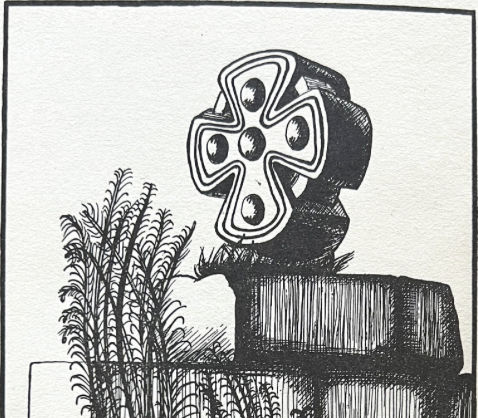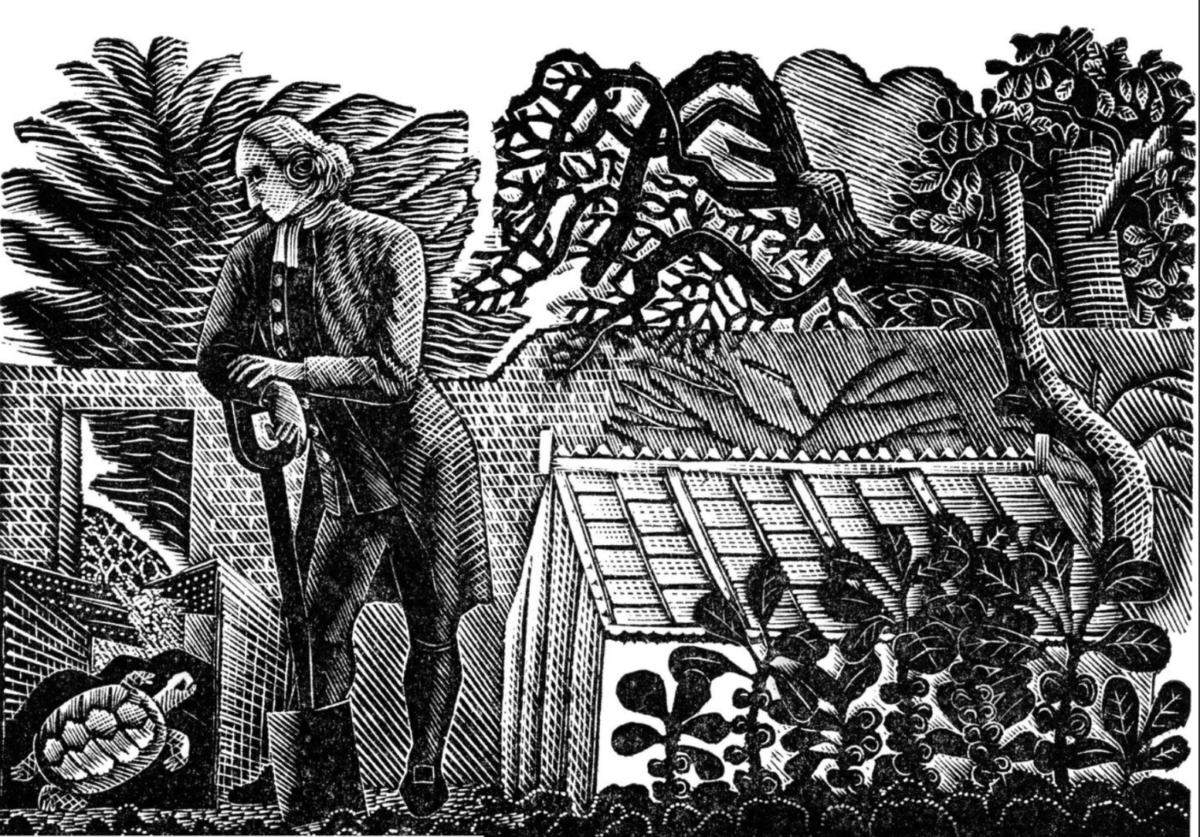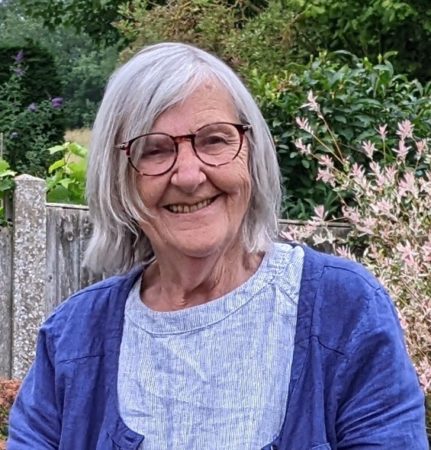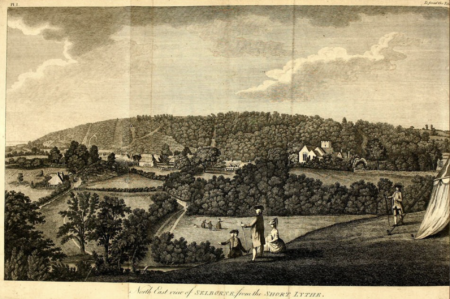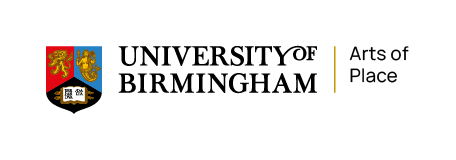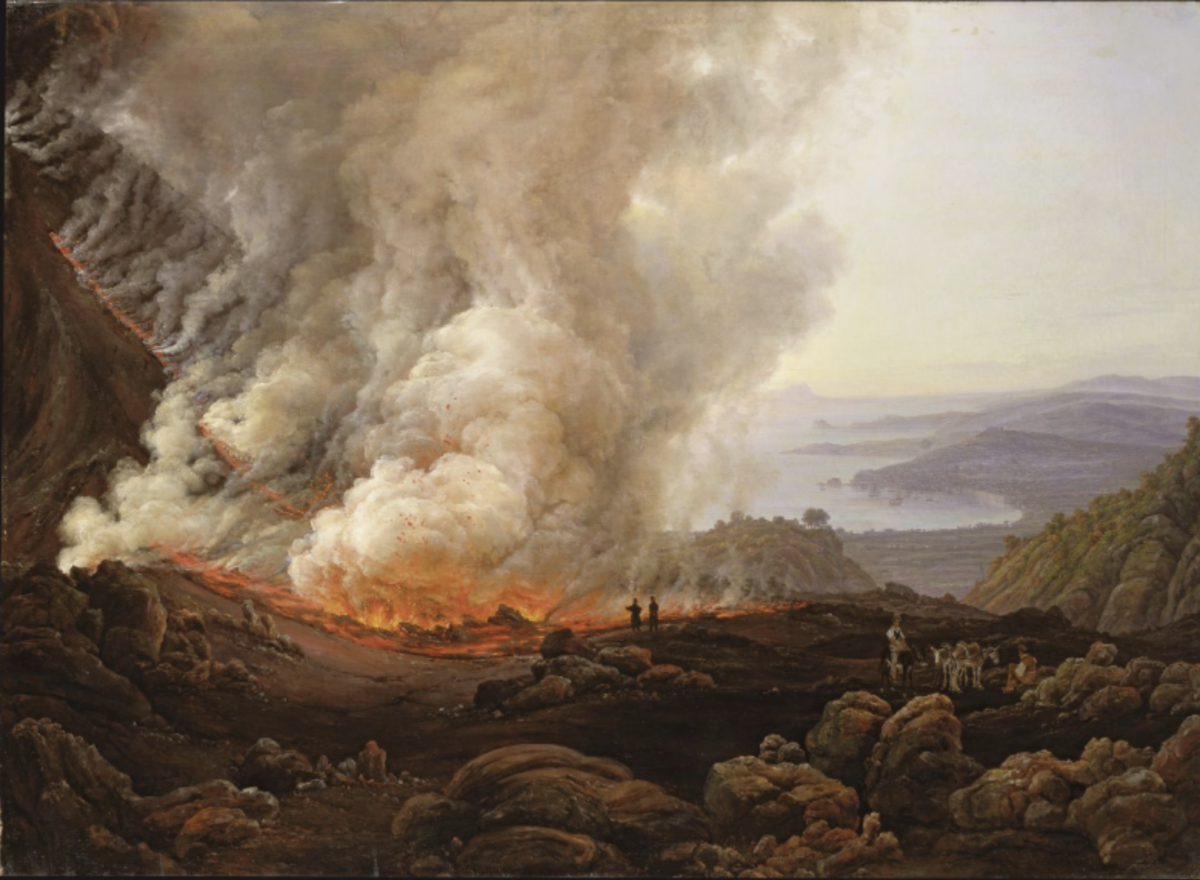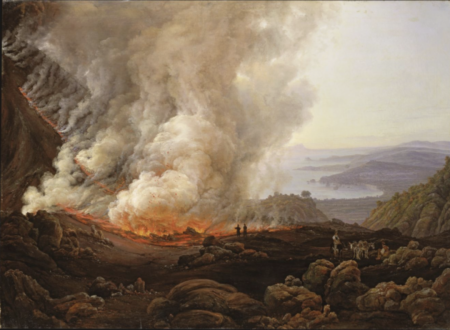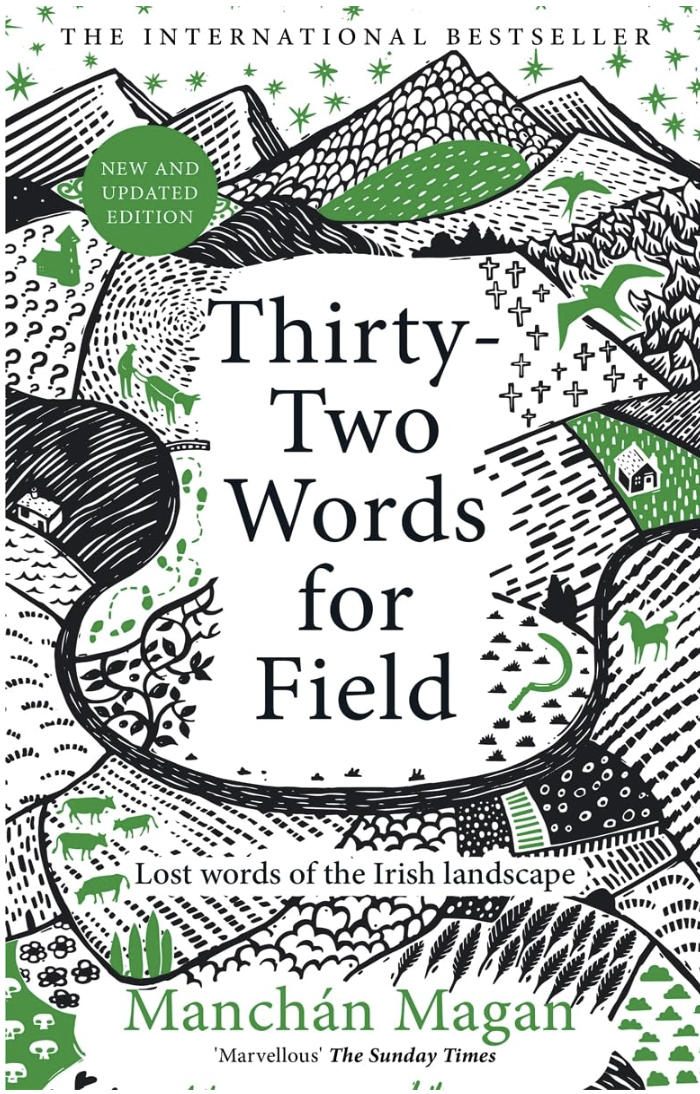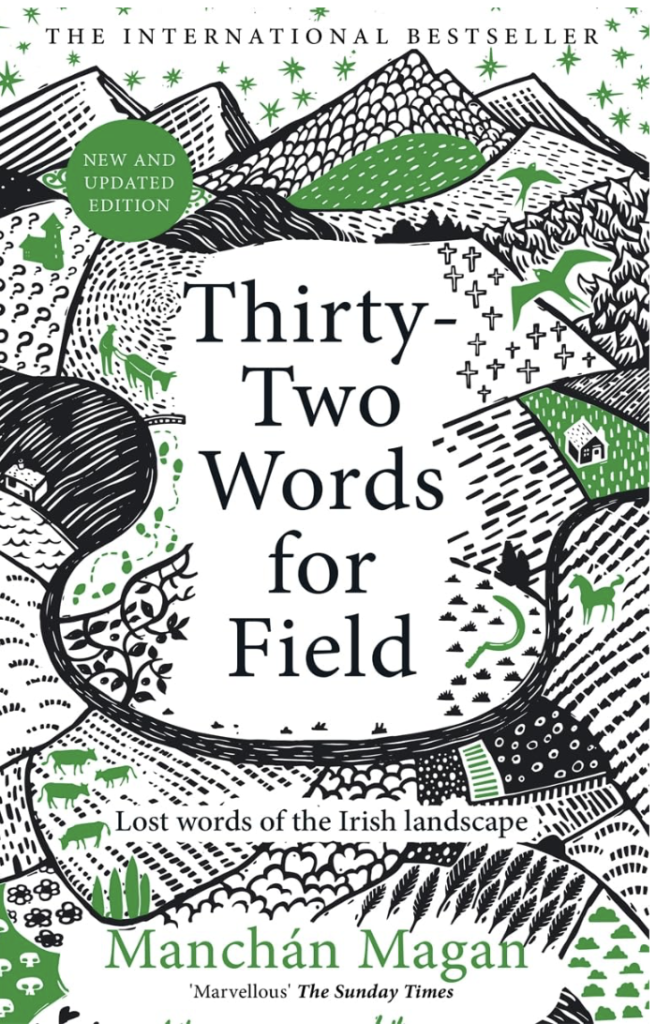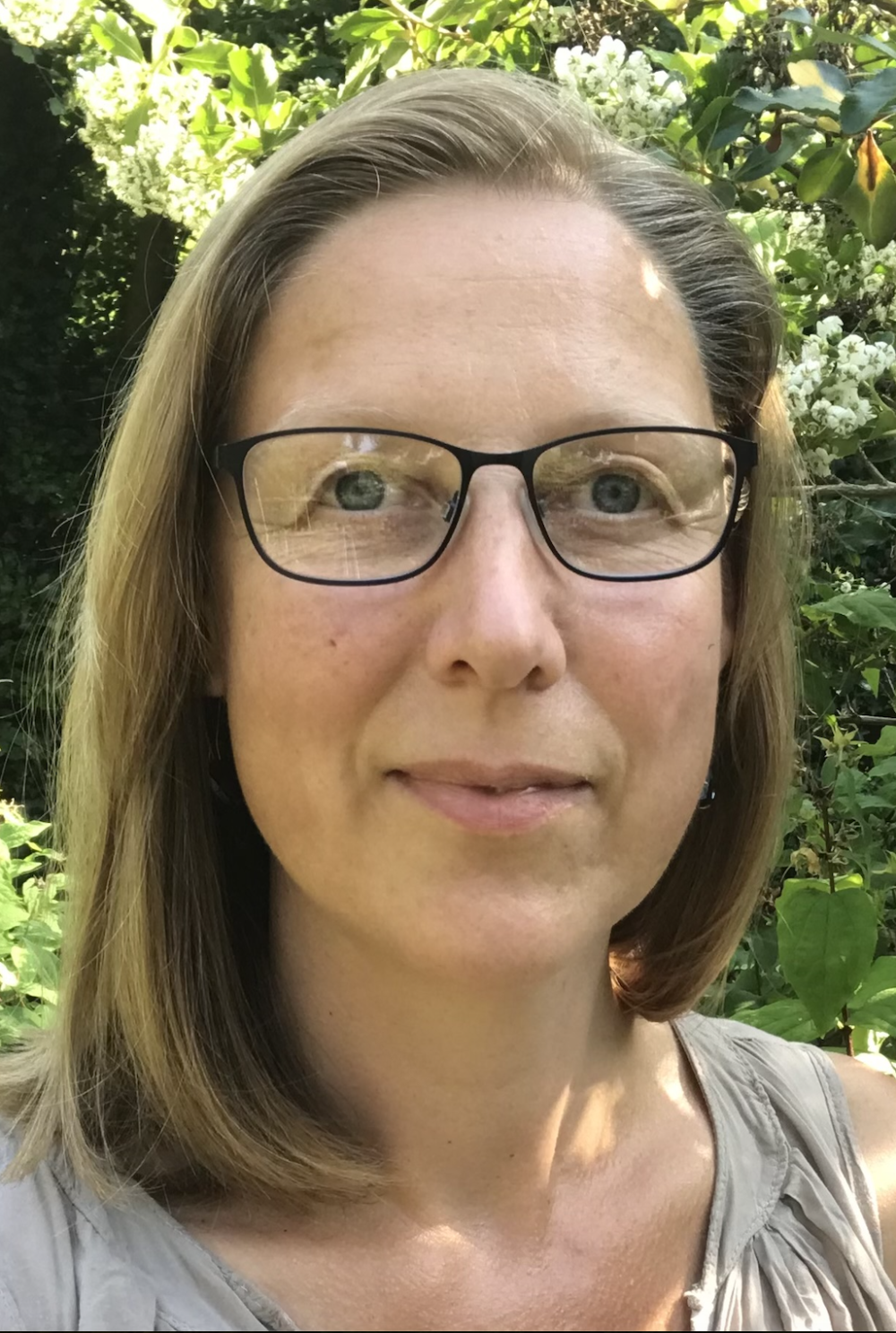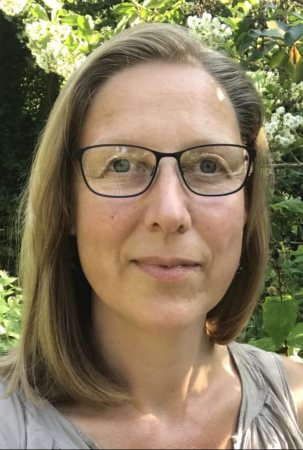The Owl Service
Alan Garner, 1967
Recommended by Jacob Hyde
In Alan Garner’s The Owl Service (1967) three teenagers spend a summer together in a remote Welsh valley. Slowly they become aware that they are being pushed by forces in the landscape to act out a strange and bloody story from The Mabinogion, and the uncanny environment begins to give seemingly innocuous objects a terrible significance. An old book blown in the wind; a plate’s floral pattern; a stone with a perfectly circular hole bored through it: they somehow tell the same tragic story.
‘I think this valley really is kind of reservoir, […]’ says one character, meditating on the mythic power that has entangled them. ‘I think the power is always there and always will be. It builds up and builds up until it has to be let loose – like filling and emptying a dam. And it works through people’. We see how family history and national history, how hormones and class, and how the forces of a place work through us and use us. How much can we resist our environment? No easy answers are given. ‘She wants to be flowers,’ goes one of the narrative’s cryptic refrains, ‘but you make her owls’.


